We all want to believe we’re doing our bit for the planet.
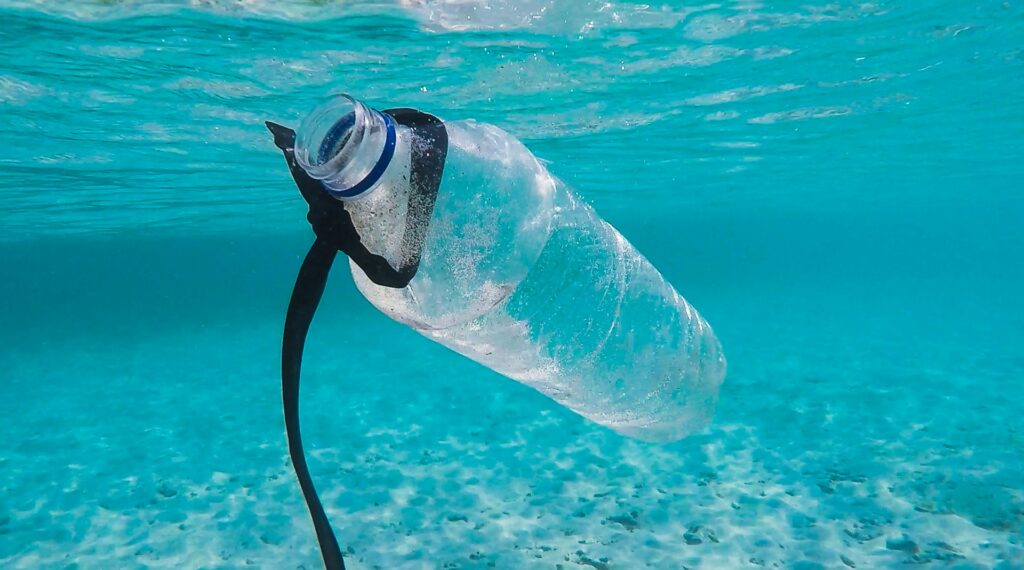
However, let’s be honest—most of us have used a convenient excuse or two to avoid making changes that feel annoying, awkward, or inconvenient. The trouble is, when millions of people say “just one” or “it won’t matter,” the result is exactly what we’re seeing now: rising temperatures, clogged oceans, and ecosystems under pressure. These aren’t just throwaway comments—they’re the soundtrack of everyday denial. Here are some of the excuses people often use that quietly keep fuelling the environmental crisis.
1. “It’s just one plastic bottle.”
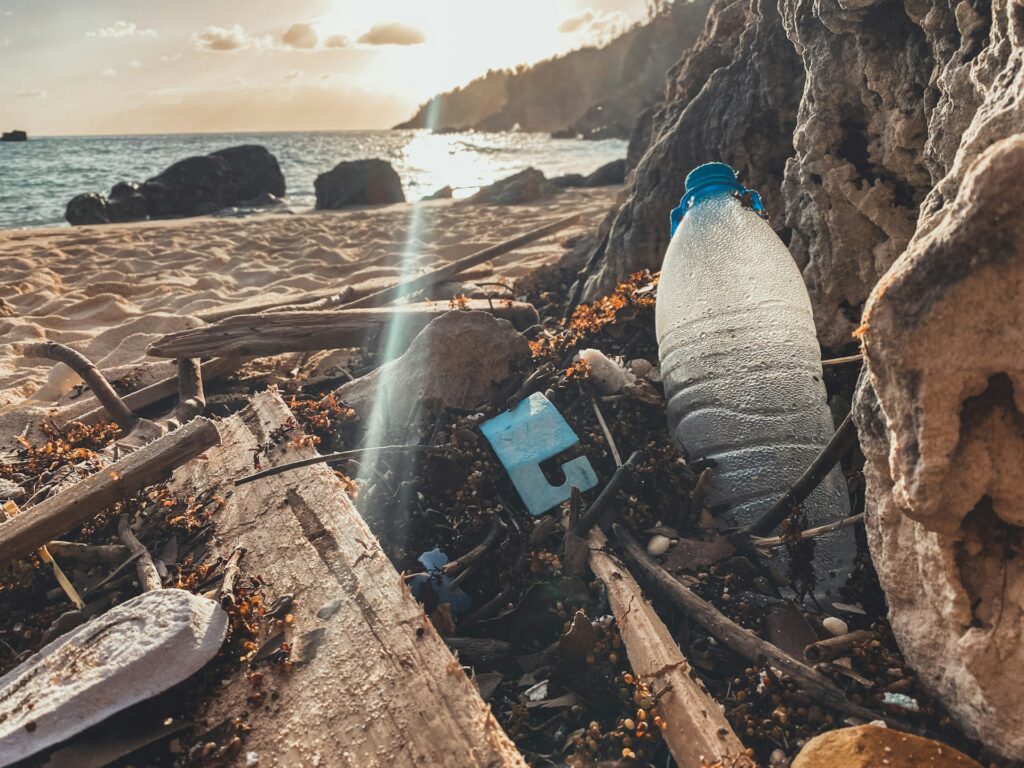
On its own, one bottle doesn’t seem like much. But when millions of people say that every day, it adds up fast. Single-use plastic isn’t just a habit—it’s a global headache. It doesn’t go away, it just breaks down into tiny pieces that pollute everything from sea life to our own drinking water. The problem isn’t the bottle—it’s the mindset that our actions don’t count unless they’re massive. But they do. Every small change matters when enough people do it.
2. “I don’t use that much water.”

Most people think water waste comes from long showers or leaving the tap on while brushing your teeth. But it’s also hiding in everything we buy—food, clothes, tech. A single cotton t-shirt can take 2,700 litres of water to produce. So while your daily habits matter, so do the choices you make in what you consume. Water use isn’t just about your taps—it’s about the whole system behind your stuff.
3. “Recycling makes up for it.”
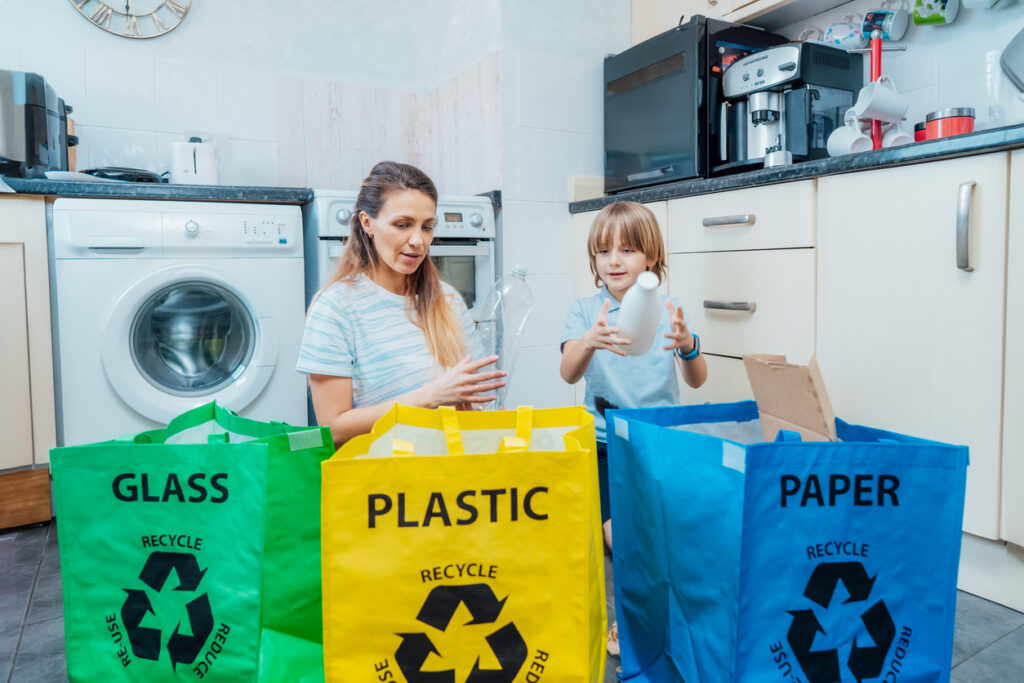
Recycling feels like the gold star of eco-friendly living, but it’s not a get-out-of-jail-free card. Most plastic doesn’t actually get recycled—it gets downcycled, burned, or dumped overseas. And contamination (like leftover food in containers) means a lot ends up in landfill anyway. Recycling should be a last resort, not a free pass. The real power lies in reducing and reusing, not hoping the council sorts it out for us.
4. “Well, big companies pollute more than I ever could.”
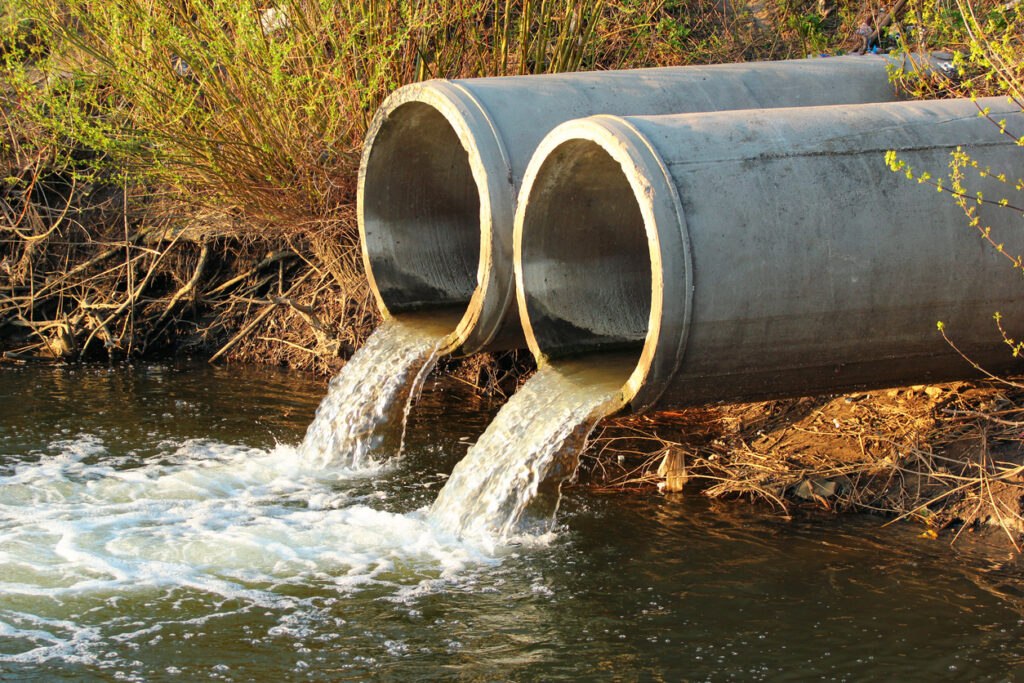
Yes, corporations are major contributors to emissions and waste, but they also respond to consumer demand. The choices we make, the products we support, and the voices we raise shape what they do next. Saying “they’re worse” doesn’t mean we should do nothing. If anything, it’s a reason to do more—to hold them accountable and make changes that ripple outward.
5. “It’s not as bad as it sounds, right?”
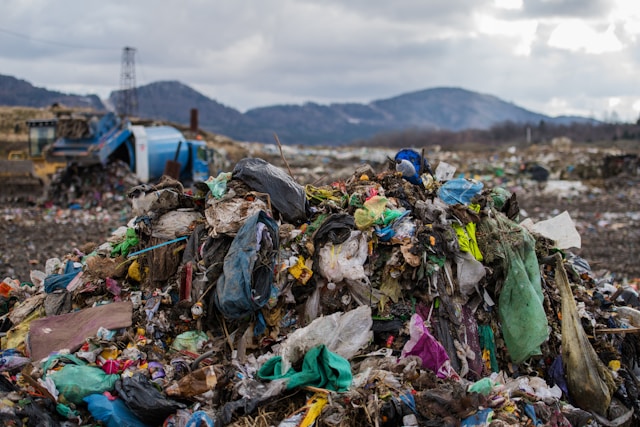
There’s always that temptation to believe the experts are exaggerating. That maybe the climate crisis is serious, but not urgent. That we’ve got more time than they say. But every year, the data gets harder to ignore—more floods, more fires, more loss. Choosing optimism doesn’t mean ignoring reality. Real hope comes from action, not avoidance.
6. “I can’t afford to go eco-friendly.”
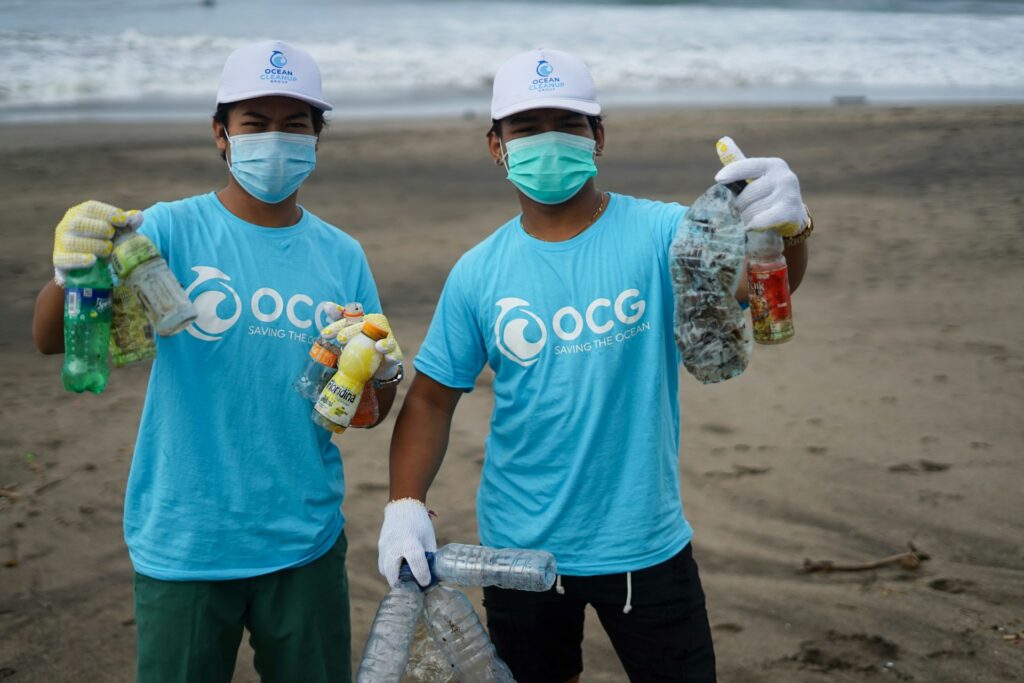
It’s true that some sustainable swaps cost more upfront—but a lot of them save money long term. Eating less meat, buying second-hand, using what you already have—these don’t require a special budget, just a different mindset. Living sustainably isn’t about buying fancy bamboo lunchboxes. It’s about making the most of what you already own and being thoughtful about what you add to your life.
7. “We’ve always done it this way.”

Tradition can be comforting, but it’s not always wise. Just because something’s familiar doesn’t mean it’s harmless. From overfishing to fast fashion, loads of modern habits were never designed to last forever—they were designed for convenience and speed. The world has changed. Our habits need to catch up.
8. “I’m just one person.”
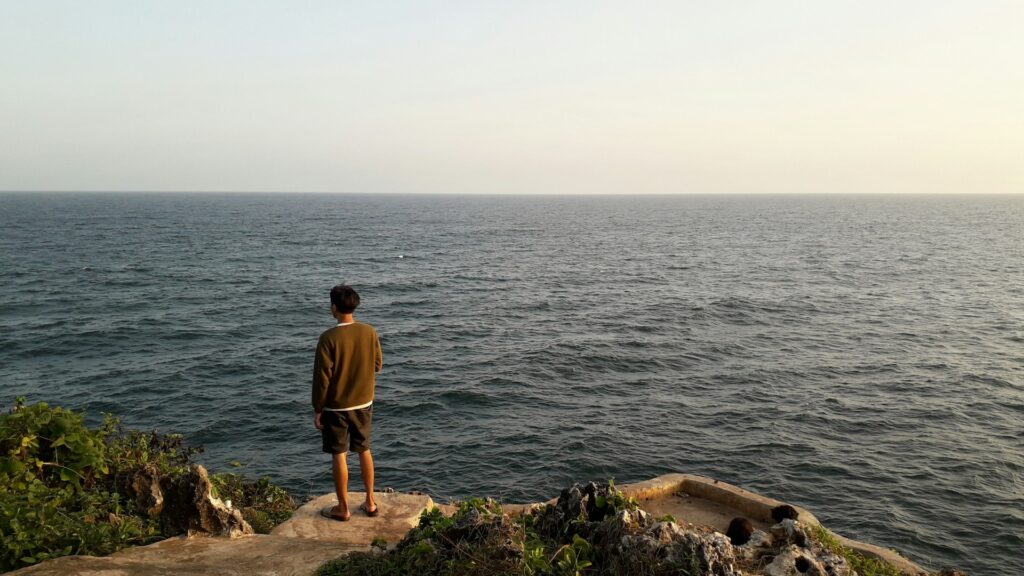
This one feels true—until you remember that every movement starts with individuals. Cultural changes don’t appear out of nowhere. They build from daily decisions made by ordinary people, over and over. If enough people say, “I’m just one person,” nothing changes. But when people flip that mindset, it becomes one of the most powerful forces on the planet.
9. “It’s only cheap if I buy new.”

Fast fashion and disposable tech have convinced us that buying new is always the most affordable option. However, cheap now often means costly later—both for your wallet and the planet. Second-hand, repaired, shared, borrowed—these aren’t just eco choices, they’re smart ones. Slowing down your buying habits helps the environment and your bank balance.
10. “Nature will bounce back like it always does.”
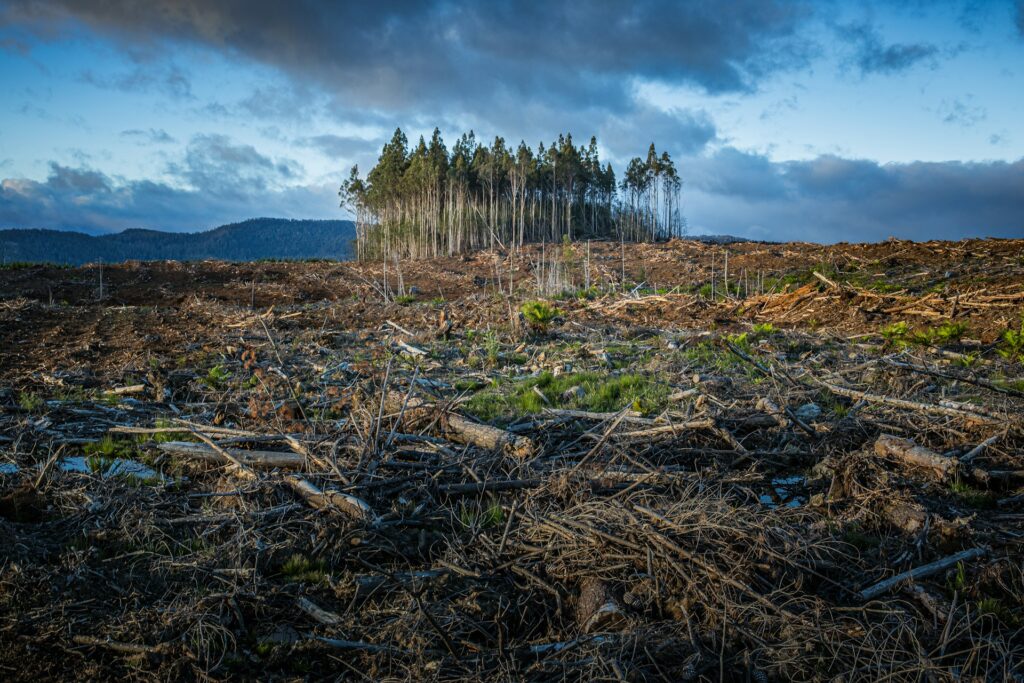
Yes, nature is resilient, but it’s not invincible. Coral reefs, rainforests, insect populations—many of them are already beyond easy recovery. Waiting for a ‘bounce back’ ignores the tipping points we’re dangerously close to crossing. Hope is good, but it has to be paired with urgency. Things don’t fix themselves if we keep doing the same damage.
11. “It’s the government’s job, not mine.”
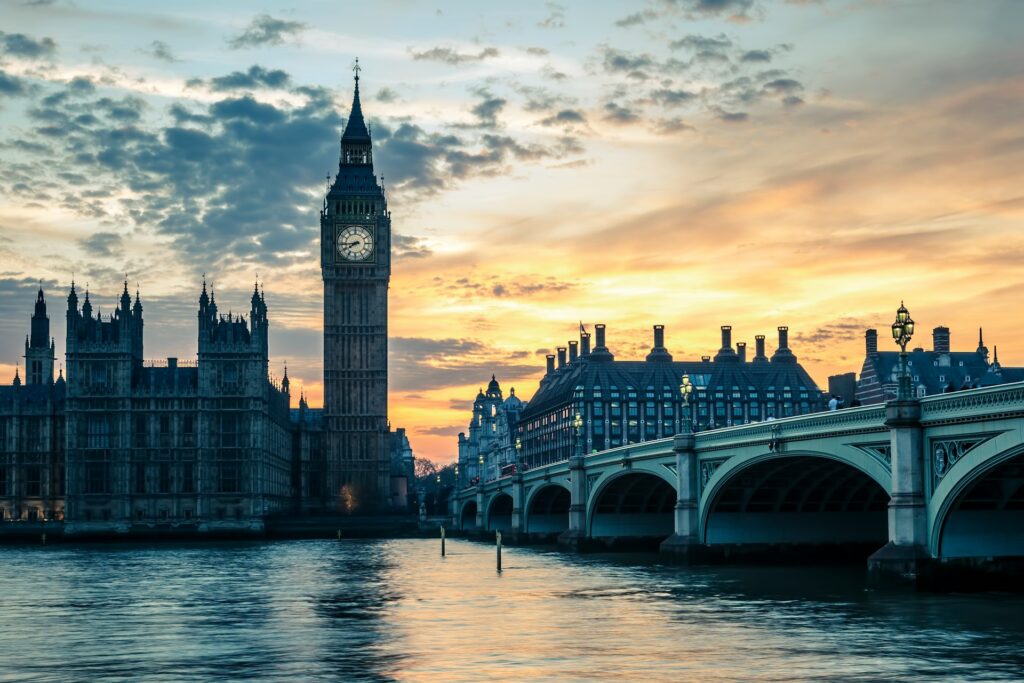
Governments absolutely need to step up. But waiting for policy changes while doing nothing ourselves is just another way of kicking the can down the road. Policy often follows public pressure, and that starts with how we act, speak, and vote. We can push for better systems and still take responsibility for our own corner of the world. Both matter.
12. “It’s too late to fix anything now.”
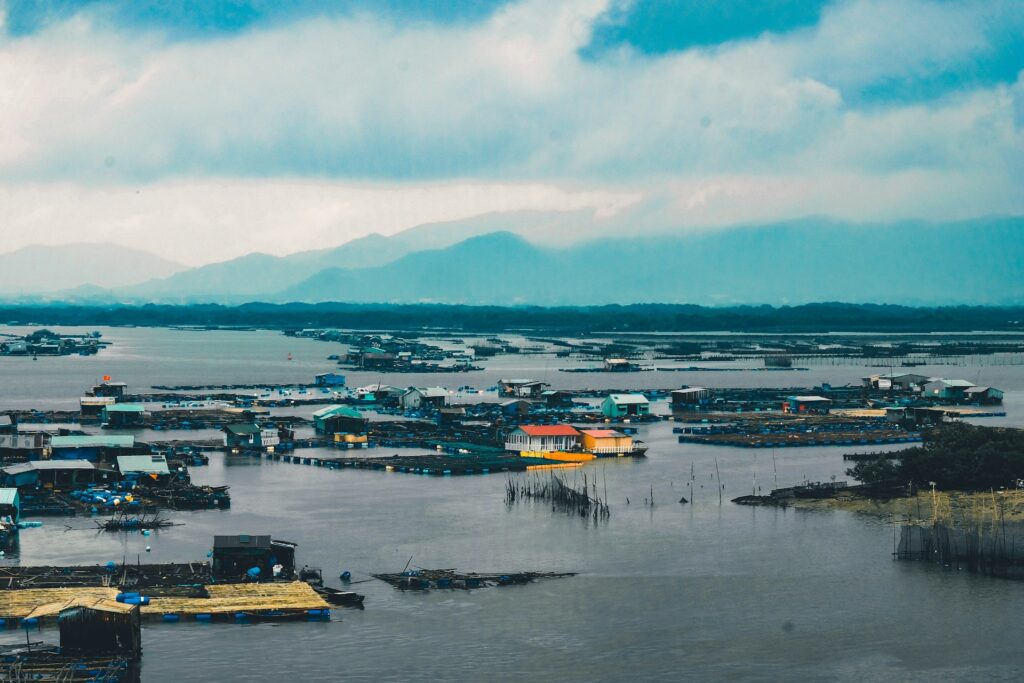
This is one of the most dangerous excuses out there. Because once people believe there’s no point, they stop trying. But scientists are clear: every fraction of a degree matters. Every tree, every habit, every year still counts. The clock’s ticking, yes, but we’re not out of time. Resignation isn’t realism. It’s just giving up early.
13. “But it’s biodegradable!”

That word sounds like magic, but it doesn’t always mean what we think. Biodegradable items still take time—sometimes years—to break down, especially in landfills where conditions aren’t ideal. And during that time, they can still harm wildlife and release greenhouse gases. Don’t let a buzzword lull you into thinking your waste disappears. Compostable and recyclable aren’t interchangeable either—it’s all more complicated than the packaging wants you to believe.
14. “It’s just for convenience.”

We’ve been sold the idea that convenience should always win. Pre-packed everything, single-use items, overnight delivery—it’s all designed to save a few minutes here and there. However, the environmental cost adds up fast. Convenience is fine when it’s necessary, but if it’s becoming a constant excuse, it might be time to rethink what we’re trading for comfort.
15. “I recycle, isn’t that enough?”
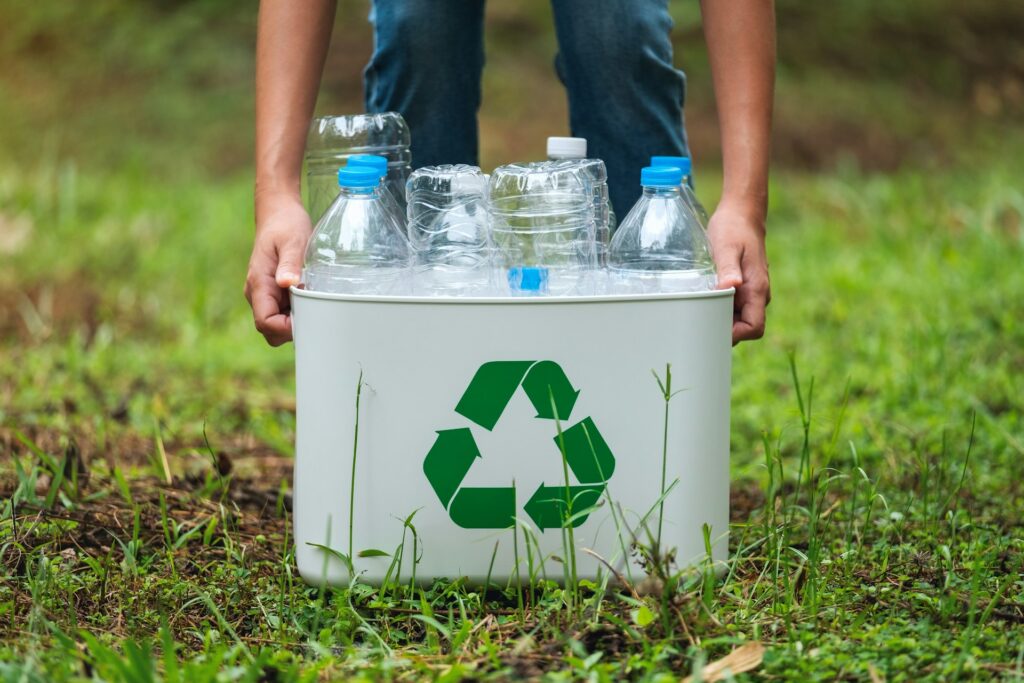
Recycling feels productive, but on its own, it barely scratches the surface. It doesn’t tackle overconsumption, energy waste, or the flood of cheap plastic constantly entering circulation. It’s a small piece of the puzzle, not the whole picture. The real work is upstream—choosing better in the first place, not just trying to manage the mess after the fact.
16. “Everyone else is doing it.”
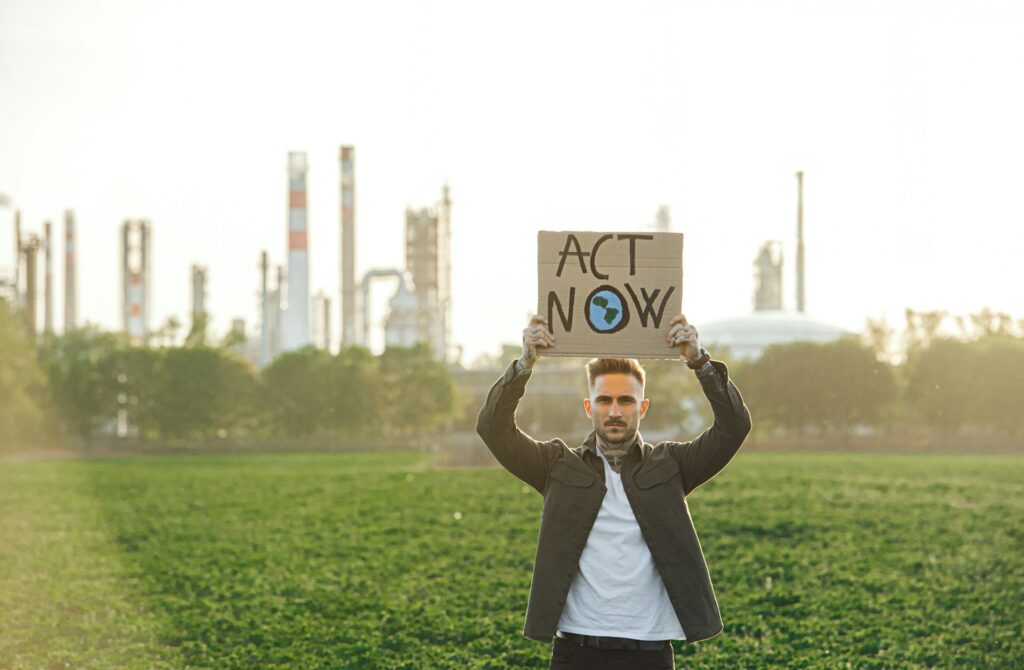
This one might be the most human of them all. It’s hard to feel like your efforts matter when you see other people wasting without a second thought. However, following the crowd has never been a good reason to ignore what’s right. You don’t need to be perfect or preachy—you just need to keep showing up differently. That quiet consistency is what pushes the tide the other way.